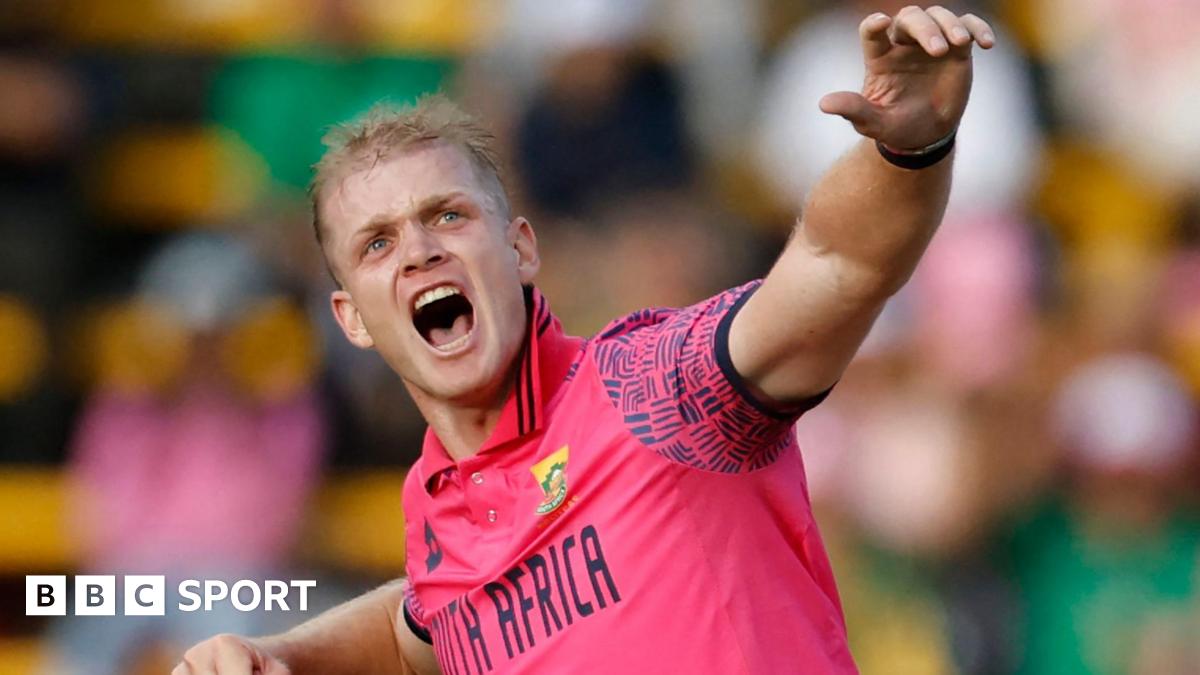Why did Virat Kohli not get suspended by ICC after shoulder-bumping Sam Konstas at MCG?

Australia’s 19-year-old Sam Konstas’ breathtaking knock of 60 on debut, which included a ramp six against a 145kmph delivery from Jasprit Bumrah, was overshadowed on Thursday by the incident involving India’s senior batter Virat Kohli. The two were involved in a heated altercation at the end of the 10th over in the opening session of Day 1 of the fourth Test match of the Border-Gavaskar Trophy series. Kohli was fined 20 per cent of match fees and handed one demerit point for a deliberate shoulder barge on Konstas, which sparked the heated exchange, but unlike what most expected, the former India captain escaped suspension.
After facing the final ball of the 10th over, Konstas turned back and made his way towards the other end of the crease. However, Kohli, who was tossing the ball on his way towards the opposite end, walked from way outside the crease and bumped straight into the Aussie opener. The two were then involved in a heated exchange of words before Konstas’ opening partner, Usman Khawaja, and umpire Michael Gough intervened.
Why did Virat Kohli not get suspended by ICC?
The act, labelled “unnecessary” by former India head coach Ravi Shastri, immediately sparked questions on whether strict action, including a suspension, would be taken against Kohli. But the 36-year-old escaped being denied playing the fifth Test as the ICC fined Kohli 20 per cent of match fees and handed him one demerit point.

To understand why Kohli was not suspended, we need to take a look at Article 2.12 of the ICC Code of Conduct, under which Kohli faced the aforementioned sanctions. It says: “Any form of inappropriate physical contact is prohibited in cricket. Without limitation, players will breach this regulation if they deliberately, recklessly and/or negligently walk or run into or shoulder another player or umpire.”
A breach of Article 2.12, can be differentiated into four levels of offence and the following factors are taken into account when assessing the seriousness of the breach: “(i) the context of the particular situation, including, without limitation, whether the contact was deliberate (i.e. intentional), reckless, negligent, and/or avoidable; (ii) the force of the contact; (iii) any resulting injury to the person with whom contact was made; and (iv) the person with whom contact was made.”
Had Kohli made contact with the umpire or match referee, he would have been booked for a Level 3 or 4 offence. However, given the incident involving Konstas, the India could only have been considered for a Level 1 or 2 offence.
Based on the first factor of assessing the offence’s severity, replays showed that it was a “deliberate” act. However, it was based on the second factor, which takes into account “force of contact” and “any resulting injury to the person with whom contact was made,” Kohli escaped a stricter punishment. Hence, he received just one demerit point.
Moreover, there has been no historical precedence of a player being handed four demerit points due to a shoulder barge. The most it happened was three when Kagiso Rabada had made physical contact with Steve Smith in a near-similar fashion during the 2018 Test series between South Africa and Australia. In fact, there have been just three incidents in history for which a player received four demerit points – two for ball tampering and one for showing dissent towards umpire’s call.
Related
‘Listen from one ear, ignore from the other’: Former India…
India's Rohit Sharma and Mohammed Shami (AP Photo) NEW DELHI: Former wicketkeeper-batter Syed Kirmani has expressed his opinion that experienced fast bowler Mo
India faces New Zealand in budding rivalry at Champions Trophy…
State AlabamaAlaskaArizonaArkansasCa
ICC and Unilever announce landmark partnership on International Women’s Day…
The two-year partnership, kicking off at this year’s Women’s Cricket World Cup in India and running until the end of 2027, marks the world cricket governing
IPL 2025: Mumbai Indians sign Corbin Bosch as replacement for…
Mumbai Indians have signed South Africa all-rounder Corbin Bosch as a replacement for his injured countryman Lizaad Williams for this year's Indian Premier Leag











